
Want to know how much website downtime costs, and the impact it can have on your business?
Find out everything you need to know in our new uptime monitoring whitepaper 2021

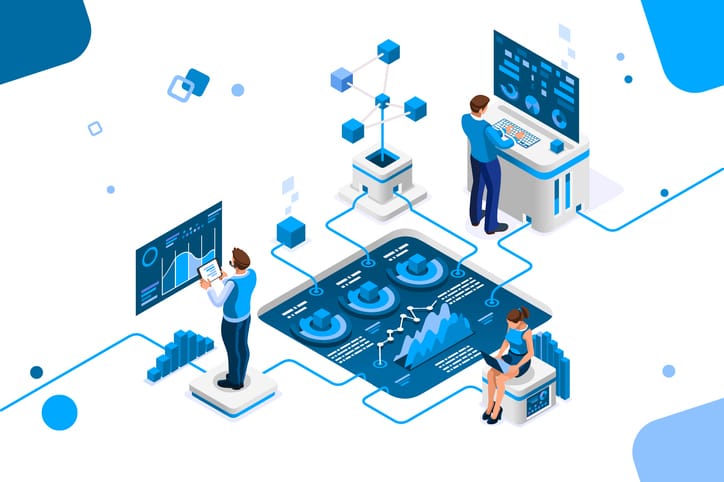


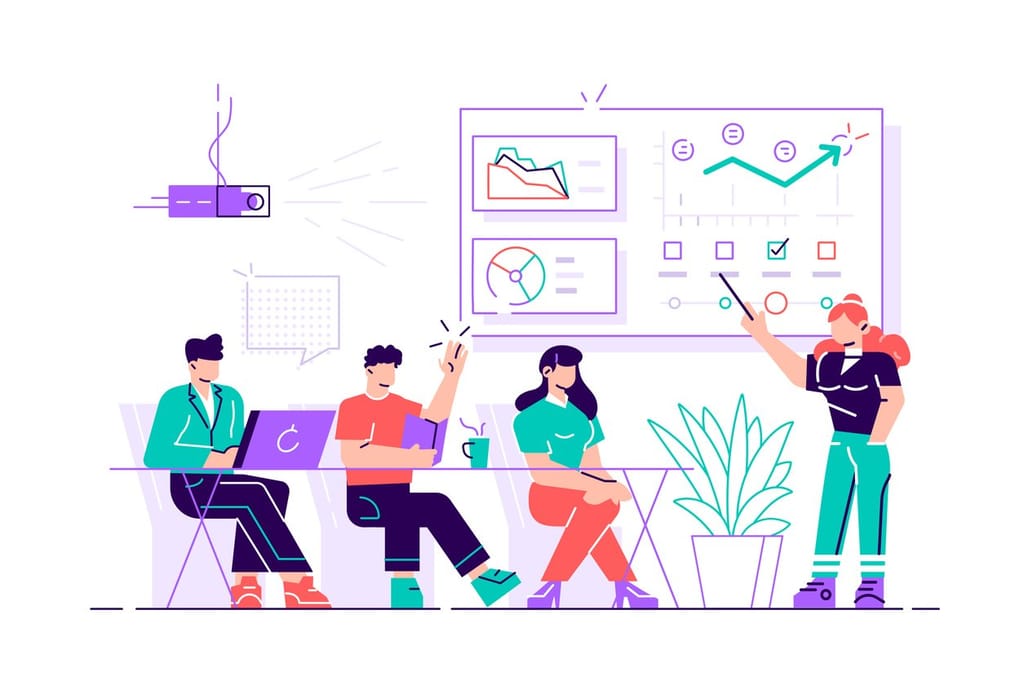
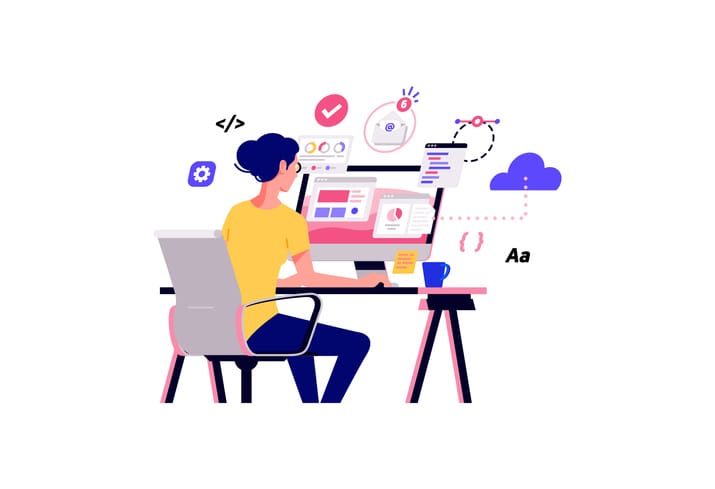

SaaS Fest 2016 took place in Boston, Massachusetts in December. The theme for the latest SaaS Fest was consumer satisfaction and 13 speakers gave presentations on the topic during the two days of the meeting.
David Cancel, Founder and CEO of Drift (a firm that developed a messaging app for sales teams), hypothesized that 50% of SaaS companies will fail because they still think of customers as leads and don’t spend enough time connecting with and listening to them. Cancel calls this approach SaaS 1.0, where companies focus mainly on their technological prowess. They “know” they’ve developed a useful service, so all they need do is market it. Customers will subscribe to the service and will be satisfied, and their companies will continue to attract new customers and grow. Cancel describes these firms as thinking of their customers more like names in a database than as real people with varying needs.
Cancel advocated taking a customer-centric approach that he called SaaS 2.0. With this model, companies focus on providing the best customer service, with the motivation that if they don’t, customers will take their business elsewhere. He pointed out that a recent study by PwC Digital Services revealed that 94% of senior company executives thought that personalizing services was important if they wanted to attract and retain customers.
Cancel made the point that a customer-centric approach was a smart business approach for any company that faces competition, not just SaaS enterprises and that no company can afford to ignore their customers regardless of how successful they’ve been in the past or how strong a reputation they have.
He gave US automotive pioneer Henry Ford as an example. Ford believed he knew what customers needed and that he didn’t have to take the time to listen to them. “If I had asked people what they wanted, they would have said faster horses,” said Ford in the early years of the Ford Motor Company.
As Cancel stated, Ford would have invented the Model T regardless of what the public thought at the time, but not listening to his customers as the automobile market grew cost him dearly. In 1921, Ford had 60% of the automobile market. By 1927, its share of the market fell to 15%, and Ford stopped producing the Model T. Ford’s competitor General Motors (GM) listened to what automobile customers wanted – cars with different options and designed for different purposes. GM significantly eroded Ford’s market share by offering consumers a choice of different models that satisfied different consumer preferences.
Cancel recommended that SaaS companies make a concerted effort to listen to the needs of all their customers. He likened the effort to treating customers like friends rather than just a source of revenue. He suggested making customer service a high priority and to make it easy for potential and existing customers to find the appropriate department and person who can answer their inquiries quickly, including having 24/7 customer support if a SaaS company is providing a mission-critical service.
As Cancel concluded, listening to your customers is not just the right thing to do – it’s the smart thing to do from a business standpoint.
Share this

3 min read IPFS is a game-changer for decentralised storage and the future of the web, but it still requires active monitoring to ensure everything runs smoothly.

3 min read For any web developer, DevTools provides an irreplaceable aid to debugging code in all common browsers. Both Safari and Firefox offer great solutions in terms of developer tools, however in this post I will be talking about the highlights of the most recent features in my personal favourite browser for coding, Chrome DevTools. For something

6 min read There has certainly been a trend recently of using animations to elevate user interfaces and improve user experiences, and the more subtle versions of these are known as micro animations. Micro animations are an understated way of adding a little bit of fun to everyday user interactions such as hovering over a link, or clicking
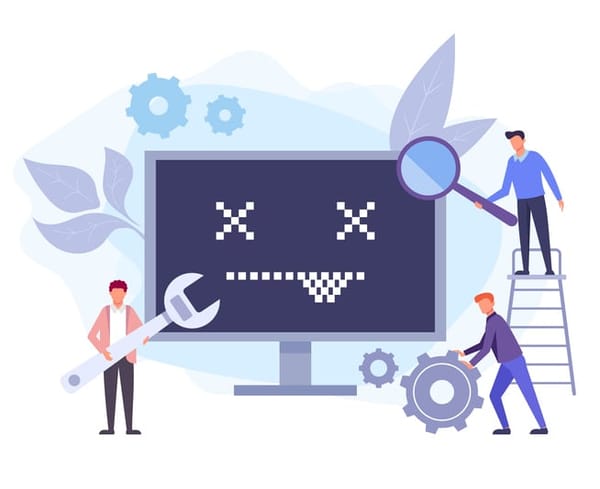
2 min read Read about the latest websites that have experienced downtime including Netflix, Twitter, Facebook and more inside!
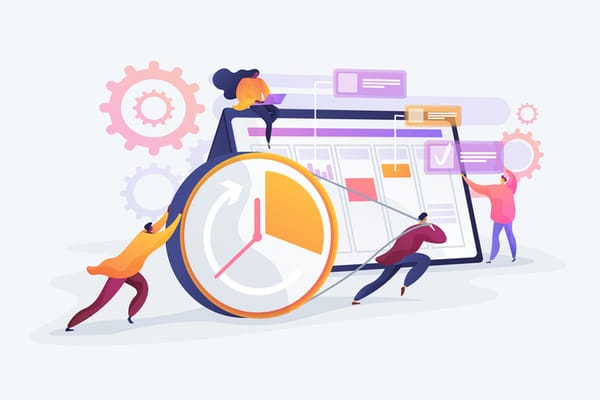
2 min read Read about how Google suffered an outage due to the soaring temperatures in the UK in July and how they rectified it right here!
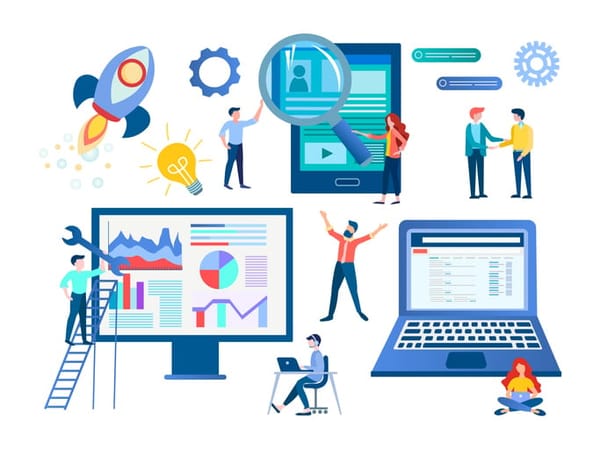
3 min read See the results of our website downtime survey to see some of the most shocking and surprising stats! You won’t be disappointed.
Find out everything you need to know in our new uptime monitoring whitepaper 2021